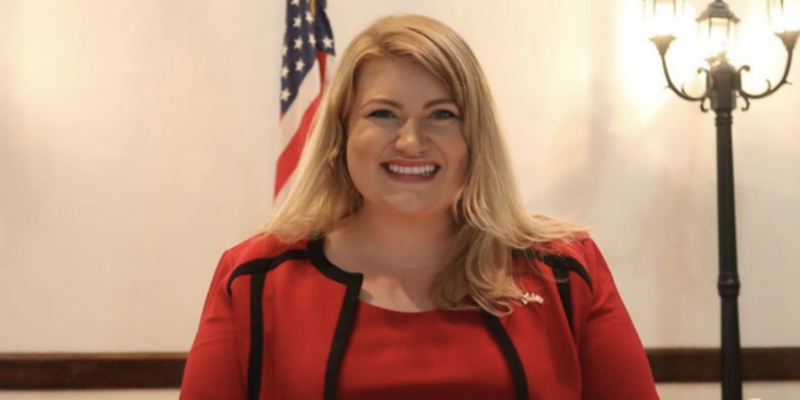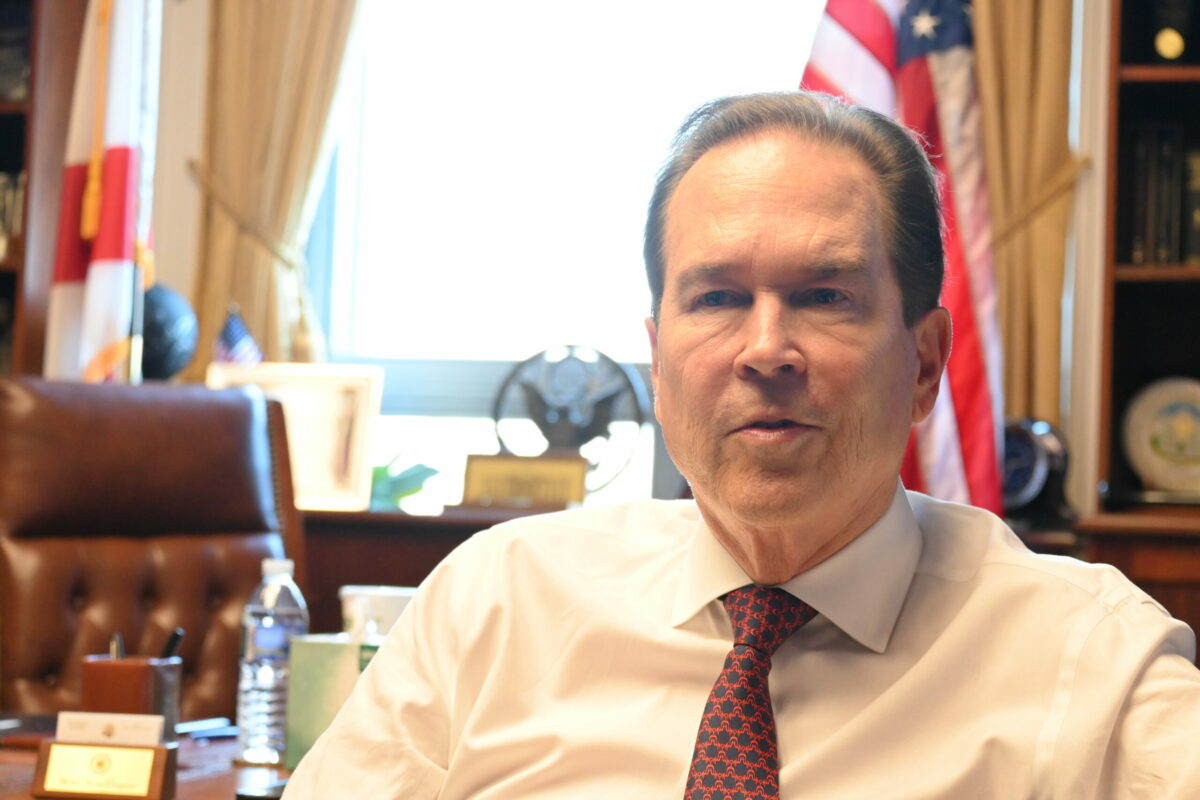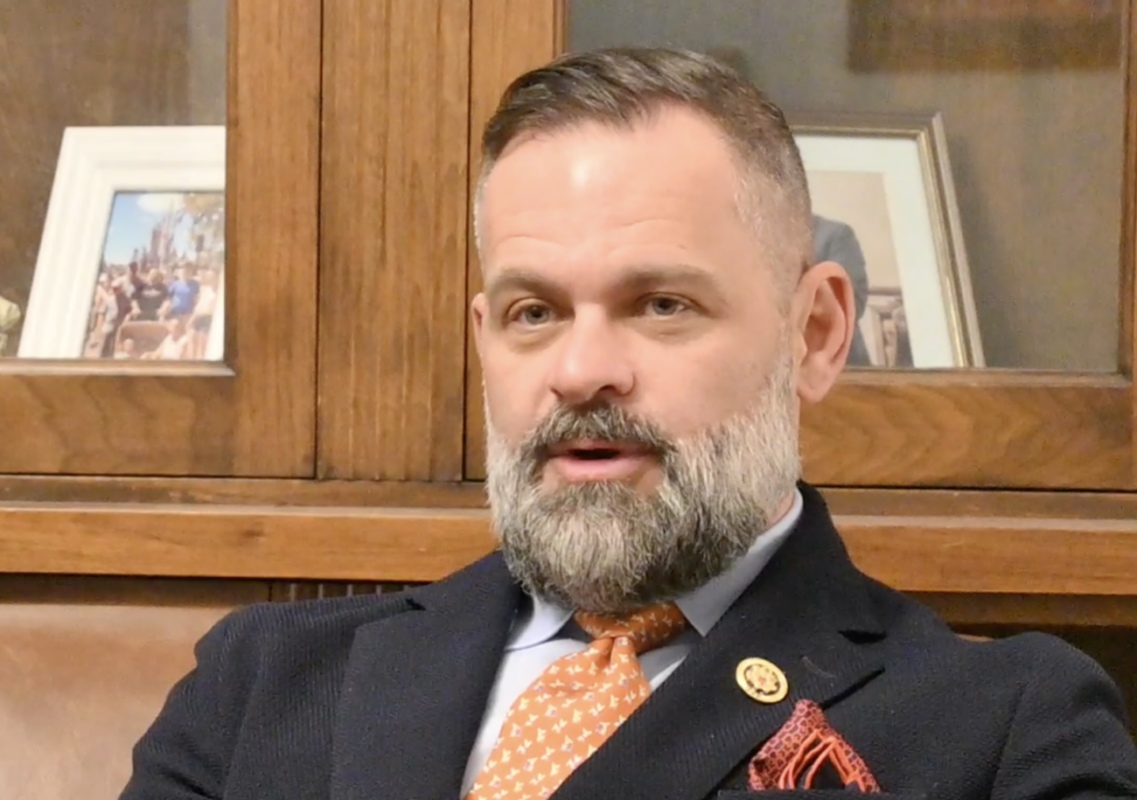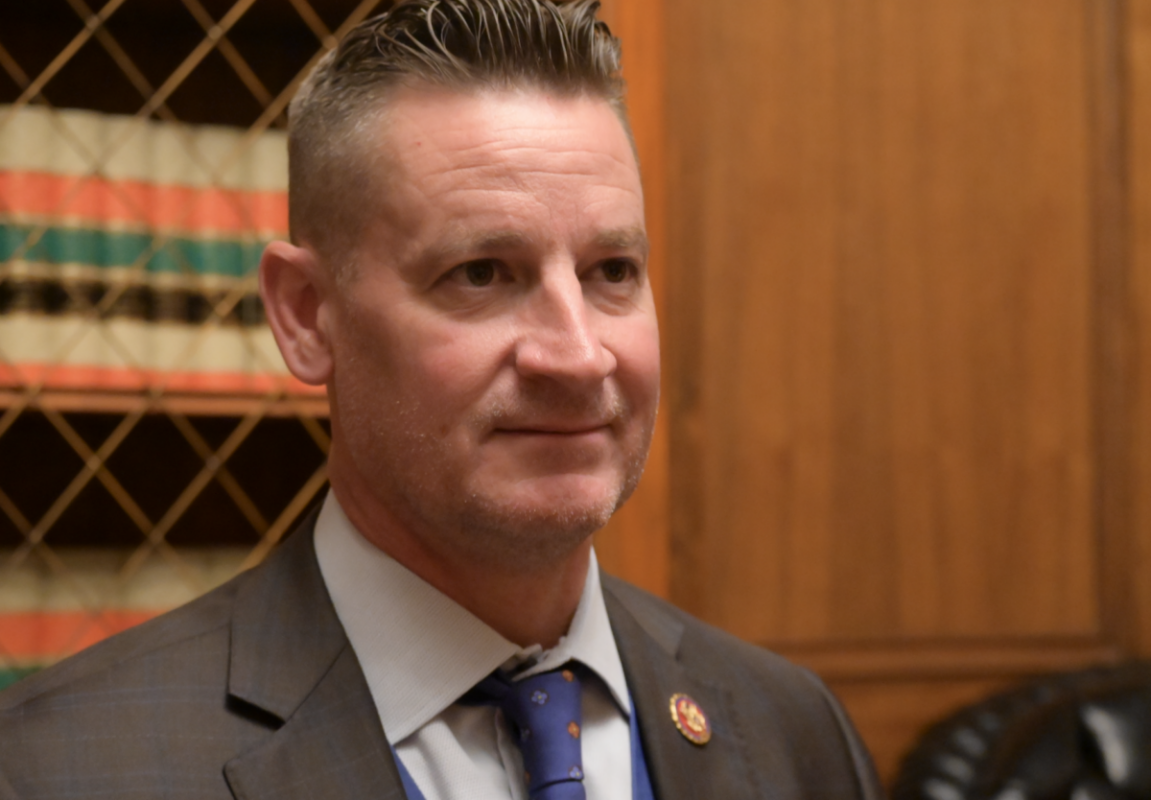Washington, D.C.— Florida Representatives Kat Cammack (R) and Greg Steube (R) have jointly introduced the Access Act to make Health Savings Accounts (HSA) available for up to five million lower-income Americans.
HSAs are structures enabling any eligible insured who is enrolled in an exchange-provided high-deductible health plan to receive public funds for personal medical expenses.
Upon an insured’s request, an HSA would be created and funds equal to 1 ⁄12 of the insured’s annual reduced cost-sharing actuarial equivalent would be monthly disbursed. Such funds could then be used by the insured through a “qualified medical debit card” to pay for medical care.
“With money in an HSA, you can obtain the personalized services you need, and see the doctors you trust, even if they're not covered by your health insurance plan,” said Representative Cammack via press release.
The Access Act’s ingenious HSA initiative intends to ameliorate the impacts of rising healthcare costs and general cost of living increments due to inflation.
Cammack explained she is “proud to introduce the ACCESS Act” for meeting medical needs that “aren’t being met by government-controlled health care programs."
Yesterday, Rep. Cammack and @RepGregSteube introduced the ACCESS Act to make HSAs more available to millions of lower-income Americans. This is an important step for medical and economic freedom. Learn more below. ⬇️https://t.co/666WzPl35C
— Rep. Cammack Press Office (@RepKatCammack) September 21, 2023
The Access Act (HR 5608) would also compel health insurance issuers offering coverage under the Patient Protection and Affordable Care Act to inform insureds of the option to establish an HSA. Additionally, interested insured would have to be provided with instructions on how to open an HSA.
“"Our idea is simple. Give people another option—a personal health care option—so they can have better access to medical care than what they currently have,” explained Representative Steube.
H.R. 5608 has been referred to the Ways and Means and Energy and Commerce committees for further review.
If passed, the bill would become law over a year from now, on December 31st, 2024.











